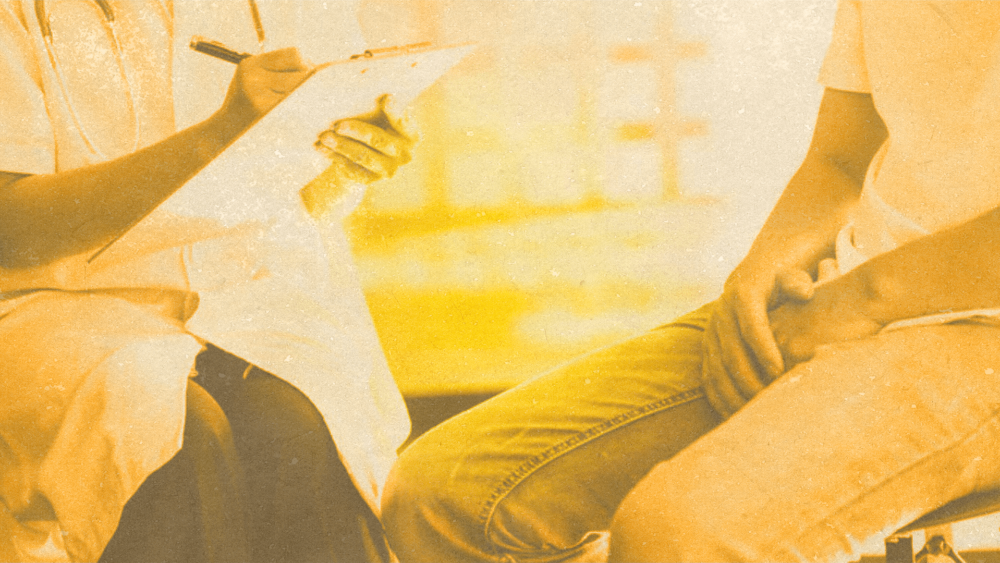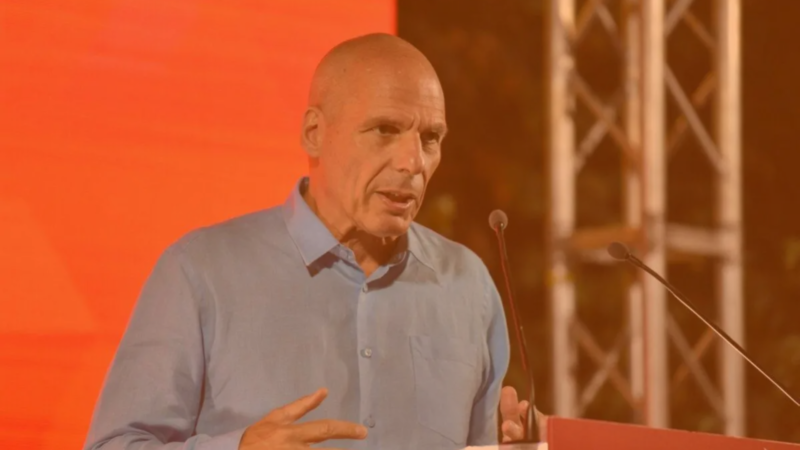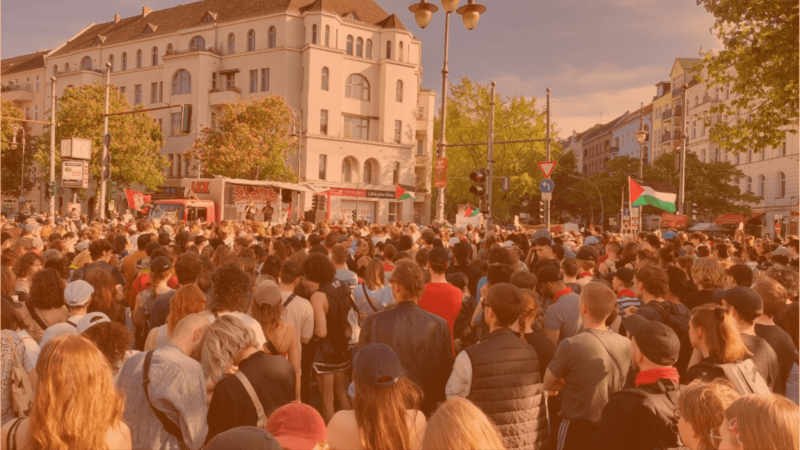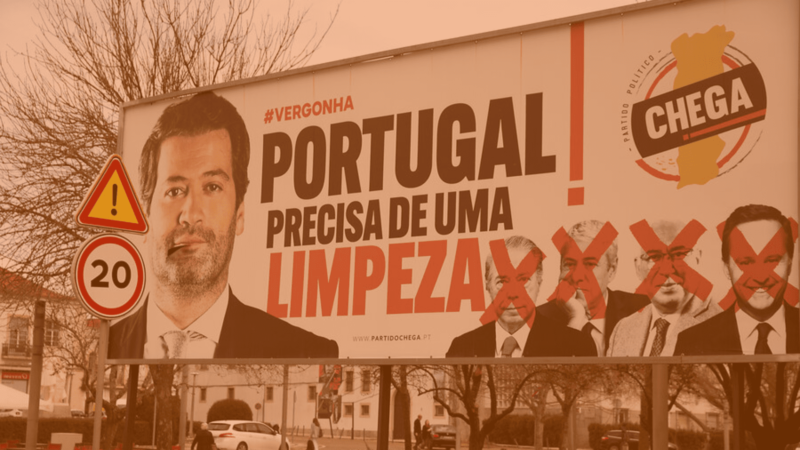The scope of public health encompasses all organised social efforts to establish, maintain and improve health. This includes all activities that promote health, prevent, mitigate and treat disease, and address the social and environmental determinants of health, often requiring changes in public policy and community action.
Health is a state of complete physical, mental and social wellbeing and not merely the absence of disease or illness. The definition has remained unchanged by the World Health Organisation since 1948. Public health, on the other hand, is concerned with the health of the population, is forward-looking and requires social and collective action, often involving coordination between different sectors.
Assessments of illness and health are both value judgments and scientific judgments that require understanding not only from medical but also from social, psychological, cultural and economic perspectives.
With globalisation and the increasing power of pharmaceutical companies, there has been an objectification of the disease and the patient, with medicine focusing on medical technologies and scientific knowledge about the causative agents of disease.
The shift of focus: from illness to health
At the same time, attention has shifted from illness to health. As a result, attitudes towards health have changed; health has become the final goal in itself rather than a necessary means to achieve other goals in life. It has become synonymous with life, and pharmaceutical medicines have taken on a leading role. It demands total obedience from the individual, while at the same time expecting individuality, independence and autonomy.
Responsibility for health has thus been transferred to the individual, who must take care of his or her health and, therefore, achieve greater economic productivity and efficiency, as well as lower treatment costs. As a result, health has become a way of life and a market for consumer goods to maintain and improve health has developed.
Health has become not only a market category but also an ideology. Social relations have become medicalised, more and more “divine qualities” are demanded of the individual – if one does not have them, one is obliged to “repair” themselves with the help of what the market has to offer. At their own expense, of course.
COVID-19 impact
The COVID-19 syndemic exposed the imbalances in our society and accelerated the process of strengthening the psychosomatic society. It showed that even ‘advanced’ societies in Europe and the USA do not manage risks well. Subsystems of (civil) protection and security are poorly developed, there is insufficient investment in healthcare and care for the elderly, and the state is increasingly intervening in the doctor-patient relationship, which used to be part of a private, intimate space. It is increasingly qualifying and prescribing an appropriate lifestyle, prohibiting vices that are “harmful” to health, and at the same time shifting healthcare from the social dimension to the individual, who then experiences illness as a personal responsibility or guilt.
Feelings of social injustice, inferiority, insecurity and lack of control over one’s own life and the associated low self-esteem increase. This leads to anxiety, anger and mistrust of the authorities and the health system. More and more people tend to self-medicate, which is reflected in the population’s resistance to government measures and official medicine. In the eyes of the majority, public health, especially epidemiology, has become part of the problem rather than part of the solution.
Poor health in Western societies is not so much the result of material inequality as it is the result of feelings of social injustice, inferiority, insecurity, feelings of being at the bottom of the social ladder and the low self-esteem that goes with it.
What needs to change?
A great deal of social sensitivity is therefore needed to encourage people to adopt a healthy lifestyle, so as not to increase the pressure on those who have little control over their lives. In the same way that traditional social policy has sought to provide security in risky life situations (old age, unemployment, illness, etc.), the new social and health policy will have to pay more attention not only to risky life situations, but also to significant transitions in life: e.g. from school to work, to parenthood, from unemployment to employment, to retirement, and so on.
In other words, we need more of a welfare state with social anchors that enable individuals to control their own existence, and for the secular individualist paradigm of Western medicine to break down into collectivist secular concepts that focus on social living conditions and their impact on illness. In this way, the health of the individual will not only be his or her responsibility, but the responsibility of society as a whole.
Good health, both personal and public, is more the result of social/collective action than the care of the individual.
Do you want to be informed of DiEM25's actions? Sign up here










